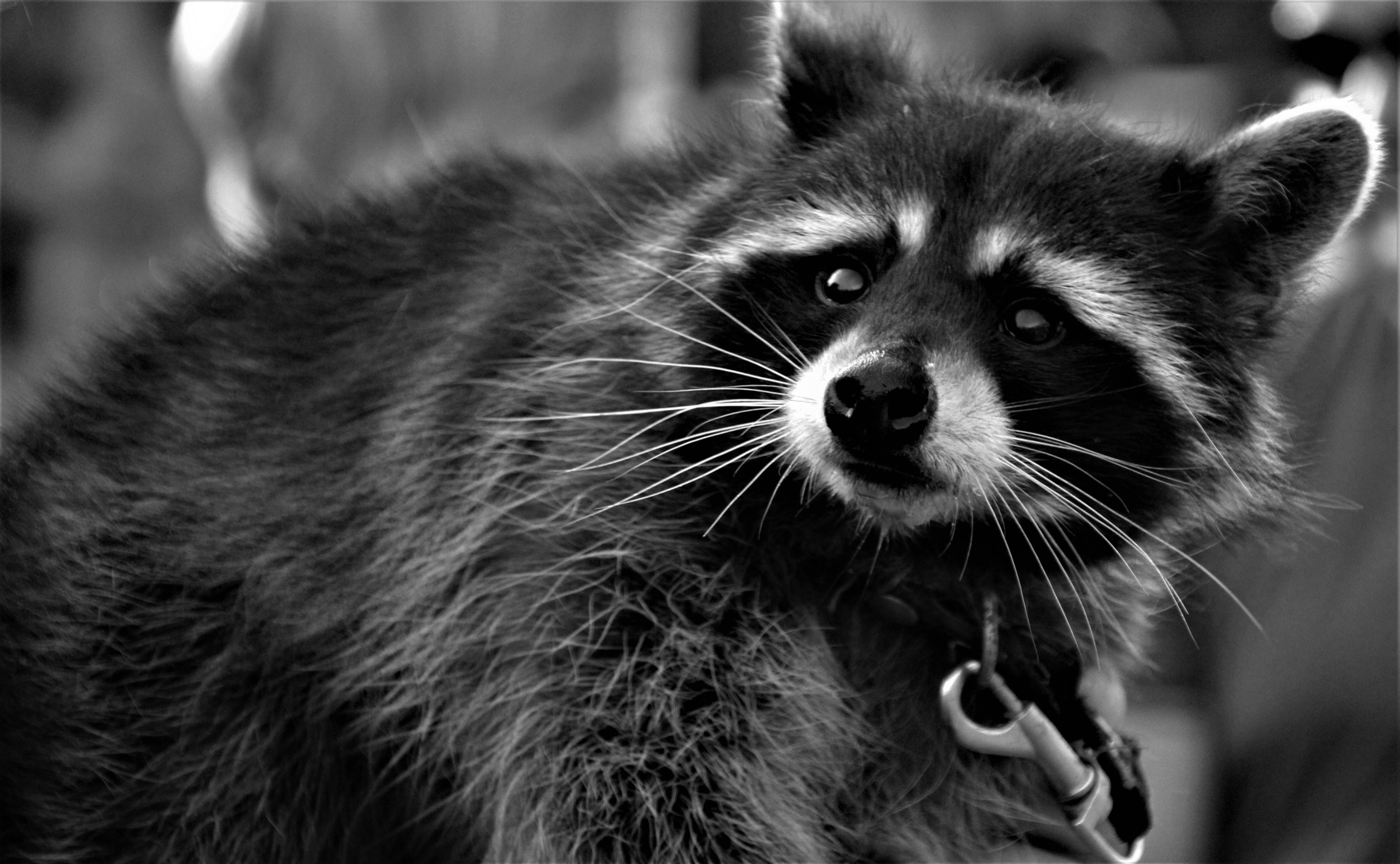Maintaining a healthy weight is crucial not only for humans but also for our beloved canine companions. As pet owners, we strive to ensure our dogs lead happy, active lives, and one of the key factors in achieving this is through proper nutrition. Low-calorie dog food has emerged as an essential tool in managing your dog’s weight effectively. In this article, we will explore the benefits of low-calorie dog food, how it can aid in weight management, and provide guidance on selecting the best options for your furry friend. Whether your dog is slightly overweight or simply needs to maintain their current healthy weight, understanding the role of nutrition is the first step in fostering their overall well-being. Let’s delve into the world of low-calorie dog food and discover how you can support your dog’s health with informed choices.
Choosing the Right Low Calorie Dog Food for Your Pets Unique Needs
When it comes to selecting a low-calorie diet for your furry friend, it’s essential to consider their individual health requirements. Not all dogs are created equal, and factors such as age, breed, activity level, and existing health conditions can influence their dietary needs. A good starting point is to consult with your veterinarian, who can provide personalized advice based on your pet’s specific situation. Once you have a baseline understanding, you can explore various options that align with their needs.
Here are some key elements to look for when browsing low-calorie dog food options:
- High-Quality Protein: Ensure the food contains lean proteins like chicken, turkey, or fish, which help maintain muscle mass while reducing calorie intake.
- Fiber-Rich Ingredients: Foods with high fiber content, such as sweet potatoes or peas, can help your dog feel fuller for longer, reducing the temptation for extra snacks.
- Limited Fats and Carbs: Check the label for low-fat content and controlled carbohydrate levels, which are crucial for managing weight effectively.
- Essential Nutrients: Ensure the food is fortified with vitamins and minerals to support overall health, even with a reduced calorie intake.
By paying attention to these factors, you’ll be better equipped to choose a diet that not only aids in weight management but also supports your pet’s overall health and vitality.
Understanding Ingredients for Optimal Canine Health and Weight Control
To ensure your furry friend maintains a healthy weight without compromising on nutrition, it’s crucial to be discerning about the ingredients in their food. Opt for low-calorie options that are rich in essential nutrients. Look for formulas that feature high-quality proteins such as chicken, turkey, or fish, which support muscle maintenance and energy levels. Complex carbohydrates like sweet potatoes and brown rice provide sustained energy without unnecessary calories.
- Fiber-rich vegetables: Ingredients like peas, carrots, and pumpkin aid in digestion and help your dog feel full longer.
- Omega fatty acids: Sources such as flaxseed and fish oil promote a healthy coat and support joint health.
- Probiotics: These beneficial bacteria improve gut health, enhancing nutrient absorption and immune function.
- Antioxidants: Ingredients like blueberries and cranberries protect cells from damage and support overall health.
Steer clear of fillers and artificial additives, which can contribute to weight gain and other health issues. By choosing foods with these beneficial ingredients, you help your dog maintain a healthy weight while ensuring they receive the nutrition they need to thrive.
Portion Control and Feeding Tips for Successful Weight Management
When it comes to ensuring your furry friend’s diet is balanced and healthy, mastering portion control is crucial. By carefully measuring meals, you can prevent overfeeding, which is a common cause of weight gain in dogs. Start by consulting with your vet to determine the appropriate daily caloric intake for your dog based on their size, breed, and activity level. Using a kitchen scale to weigh your dog’s food can help maintain precision and consistency. Remember, the goal is to provide enough nutrition without excess calories.
Incorporating feeding tips can also aid in weight management. Consider the following strategies:
- Establish a feeding schedule: Regular meal times help regulate metabolism and prevent overeating.
- Use smaller bowls: This can create the illusion of a full meal, satisfying your dog’s hunger cues without overloading their calorie intake.
- Incorporate high-fiber foods: These can help your dog feel fuller longer, reducing the temptation for extra snacks.
- Opt for low-calorie treats: Choose treats that are lower in calories to reward your dog without adding to their daily caloric intake.
By implementing these practices, you’ll be on your way to maintaining your dog’s ideal weight, ensuring they live a long, healthy, and happy life.
Expert Recommendations for Brands and Formulas Tailored to Your Dog
When it comes to managing your dog’s weight, selecting the right low-calorie food can make all the difference. Veterinarians and pet nutritionists often recommend brands that offer formulas rich in nutrients while keeping the calorie count in check. Here are some expert-endorsed options to consider:
- Hill’s Science Diet Perfect Weight: Known for its clinically proven weight management formula, this brand helps dogs maintain lean muscle while shedding excess pounds.
- Royal Canin Weight Control: Offers a tailored blend that includes a precise calorie content to support a healthy weight, making it a top choice among professionals.
- Blue Buffalo Life Protection Healthy Weight: Packed with real meat and wholesome grains, this formula is crafted to ensure your dog stays full without unnecessary calories.
- Purina Pro Plan Weight Management: Featuring high-quality protein sources, this formula supports a healthy metabolism and muscle maintenance, perfect for dogs needing to slim down.
Each of these options is designed with a focus on balanced nutrition, ensuring that your dog receives the essential vitamins and minerals needed for overall health while effectively managing their weight. Always consult with your veterinarian to determine the most suitable choice for your furry friend.

